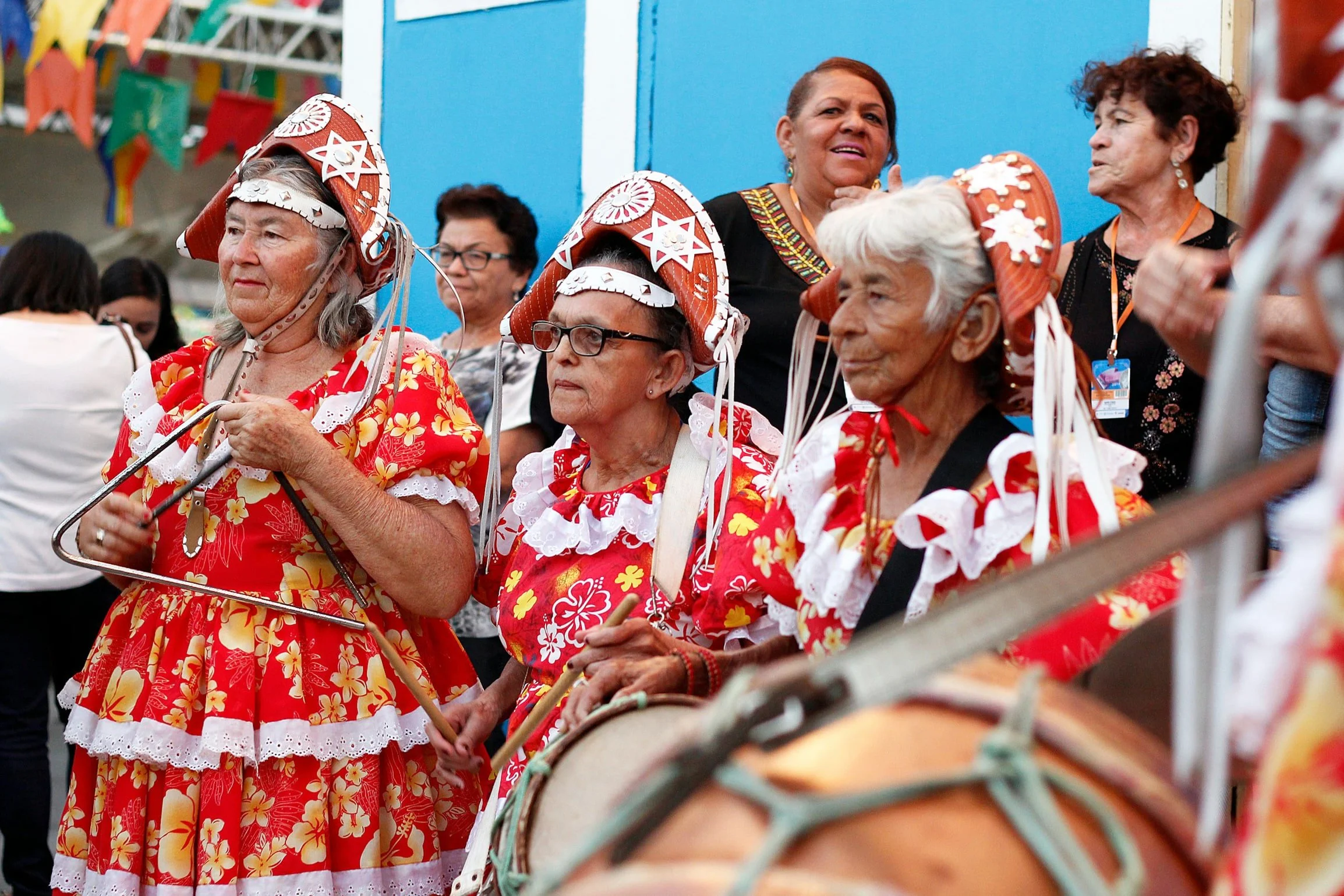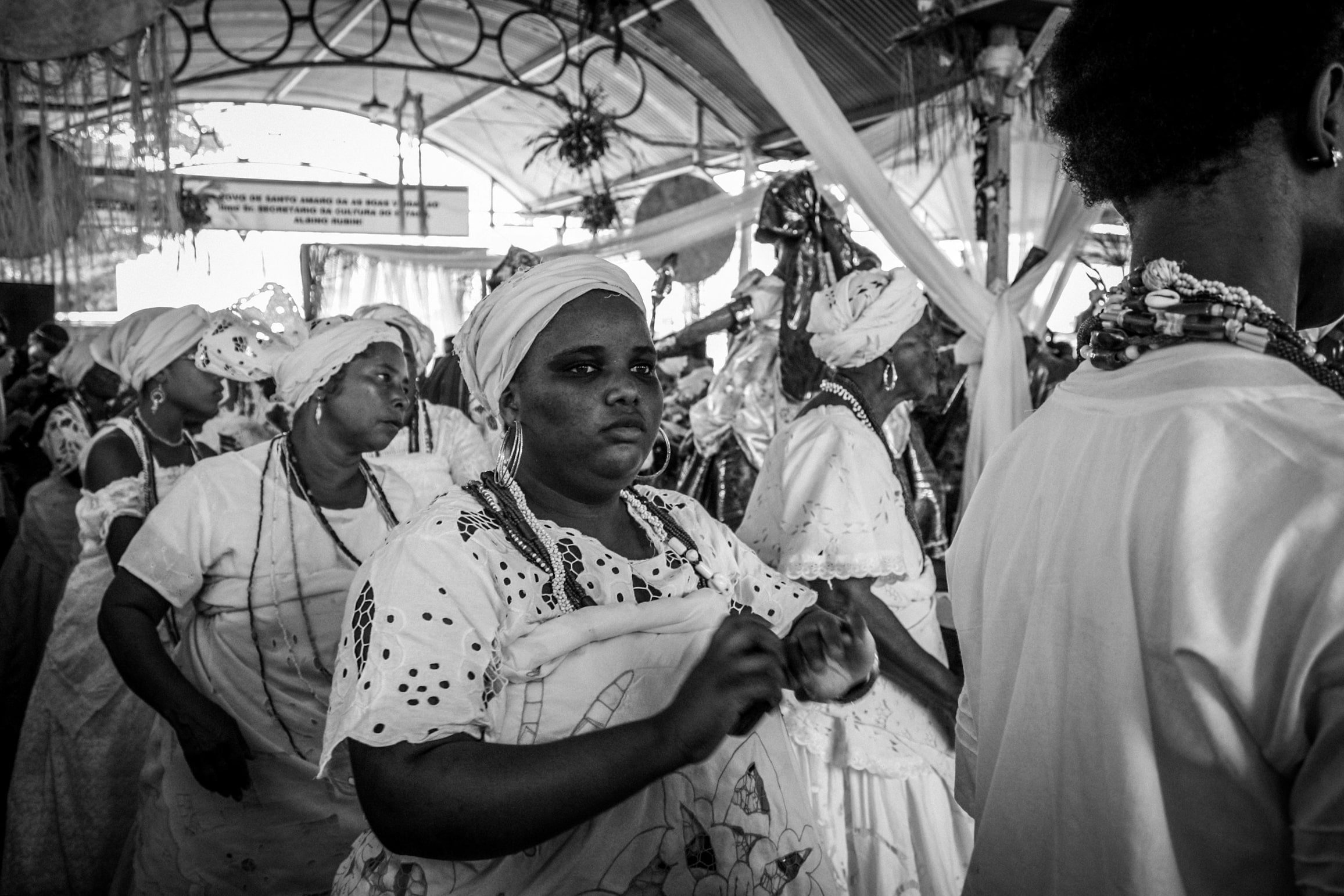Is New Zealand safe to travel alone?
This post contains affiliate links. If you purchase through them, we may earn commissions at no extra cost to you.
If you’ve been dreaming of a solo adventure in a land of mountains, fjords, and sacred silence, New Zealand is probably on your list. But is New Zealand safe to travel alone? That’s the first question many independent travellers ask, especially those venturing far from home for the first time. The short answer is yes, it’s one of the safest places you can visit.
But there’s more to solo travel safety than just crime rates. From remote terrain to road conditions and emergency access, this guide will walk you through everything you need to know before booking that ticket.
Is New Zealand safe to travel alone? Looking beyond crime rates
Crime rates
New Zealand’s overall crime rate is low, and violent crime is rare. Most issues reported by travellers relate to petty theft, like stolen belongings from unlocked vehicles or accommodations. Thankfully, this is easily avoidable with standard precautions. Trust your instincts, lock your car, and don’t leave valuables in plain sight.
Here’s how Auckland and Christchurch compares to two other popular tourist destinations: Los Angeles and Paris. On the graph you see the crime index and the safety index by city. A higher crime index indicates more crime; a higher safety index indicates greater safety.
Auckland, New Zealand’s largest city, is slightly safer than both Los Angeles and Paris. On the other hand, Christchurch, New Zealand’s third largest city, has significantly lower crime levels, making it one of the safer urban centres to explore on your own.
Across New Zealand, solo travellers (including women) often report feeling safe in both cities and nature-filled areas.
Road safety and transportation
New Zealand may look compact on the map, but don’t underestimate the travel time between places. Winding mountain roads, unpredictable weather, and limited public transport outside major hubs make renting a car or campervan the best option. This is especially true if you're exploring the South Island.
But solo drivers should be aware:
New Zealanders drive on the left-hand side.
Many roads are narrow, winding, and lack guardrails.
Most accidents happen due to inexperience with these road conditions.
Driving long distances alone, especially at night or in poor weather, can be risky. Fatigue is common in solo travel, so plan your stops well. Hitchhiking is legal, but not widely recommended.
The natural environment
The same wild landscapes that draw travellers to New Zealand can quickly turn dangerous without preparation. Sudden weather changes are common in alpine and coastal regions. While natural disasters like earthquakes and landslides are rare, they are possible.
Before hiking or heading into remote areas:
Check the weather on MetService, or weather apps like Windy.
Avoid solo hiking in poor conditions.
Tell someone your travel plans if you're venturing far off-grid.
Outdoor safety and hiking
New Zealand’s trail network is exceptional. Usually the trails are well-marked, well-maintained, and accessible to most fitness levels. But solo hikers should always:
Stick to official tracks, when available.
Bring adequate gear, water, and a first aid kit.
Know your limits; many trails are deceptively steep or long.
And if you are planning on camping in the South Island, we recommend reading our article “Camping in New Zealand’s South Island: what to know”.
Connectivity and isolation
Remote beauty is part of New Zealand’s charm, but it comes with responsibility. Many areas have limited or no mobile signal, especially in national parks and backcountry.
To stay safe:
Download offline maps.
Never rely on internet connection; always have a backup plan.
Save emergency contact numbers locally.
Medical access and emergency services
Emergency services in New Zealand are efficient and well-respected. Dial 111 for police, fire, or ambulance.
That said, medical care in remote towns may be limited:
Always carry your essential medications. View New Zealand customs information about bringing prescription medicines and controlled drugs into the country.
Have comprehensive travel insurance that includes outdoor activities and vehicle rental.
Feeling connected while travelling alone
Travelling solo doesn’t mean being lonely. New Zealand is a friendly place where it's easy to connect with others:
Stay in hostels or eco-lodges with communal spaces.
Join group tours, hikes, or outdoor clubs.
Consider volunteering or even getting a work holiday visa.
Locals are famously kind, and you’ll find other solo travellers on similar paths of exploration.
Conclusion: So, is New Zealand safe to travel alone?
Absolutely! And not just in terms of crime. It’s a destination where the land asks you to slow down, where solitude becomes a companion, and where safety is woven into the culture, infrastructure, and natural rhythm of daily life. Just come prepared, stay alert, and stay open.
What’s calling you to travel alone? If you are looking for a place for an energetic or spiritual reset, you should read our article “Why New Zealand is perfect for a spiritual reset”.
About the author: Thaíz Lara is the creator behind New Hermits, a New Zealand-based storyteller who believes in the power of story and soul-filled travel. After living in 5 countries and exploring 60, she has come to understand that the most meaningful journeys often begin within. Learn more about Lara.
Affiliate disclosure: This post contains affiliate links. If you make a purchase through one of them, we may earn a commission at no extra cost to you. We only recommend what we truly believe in. See our terms & conditions.





